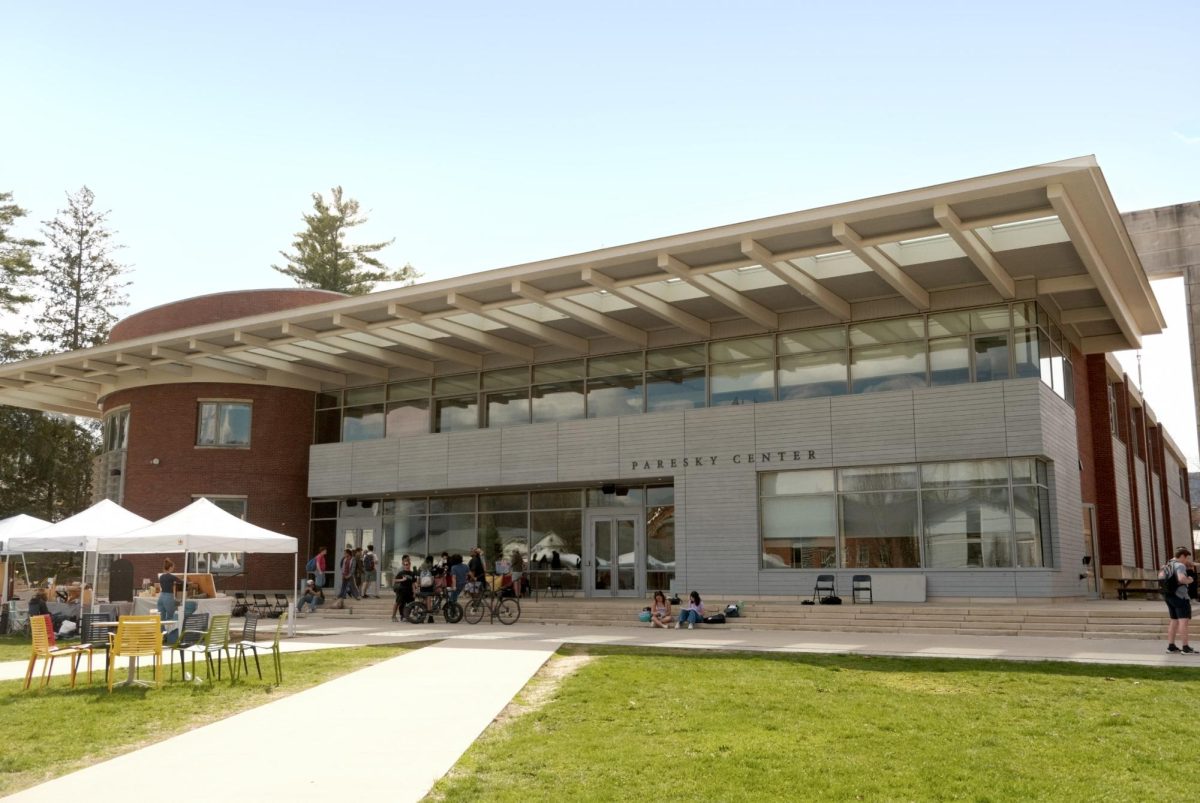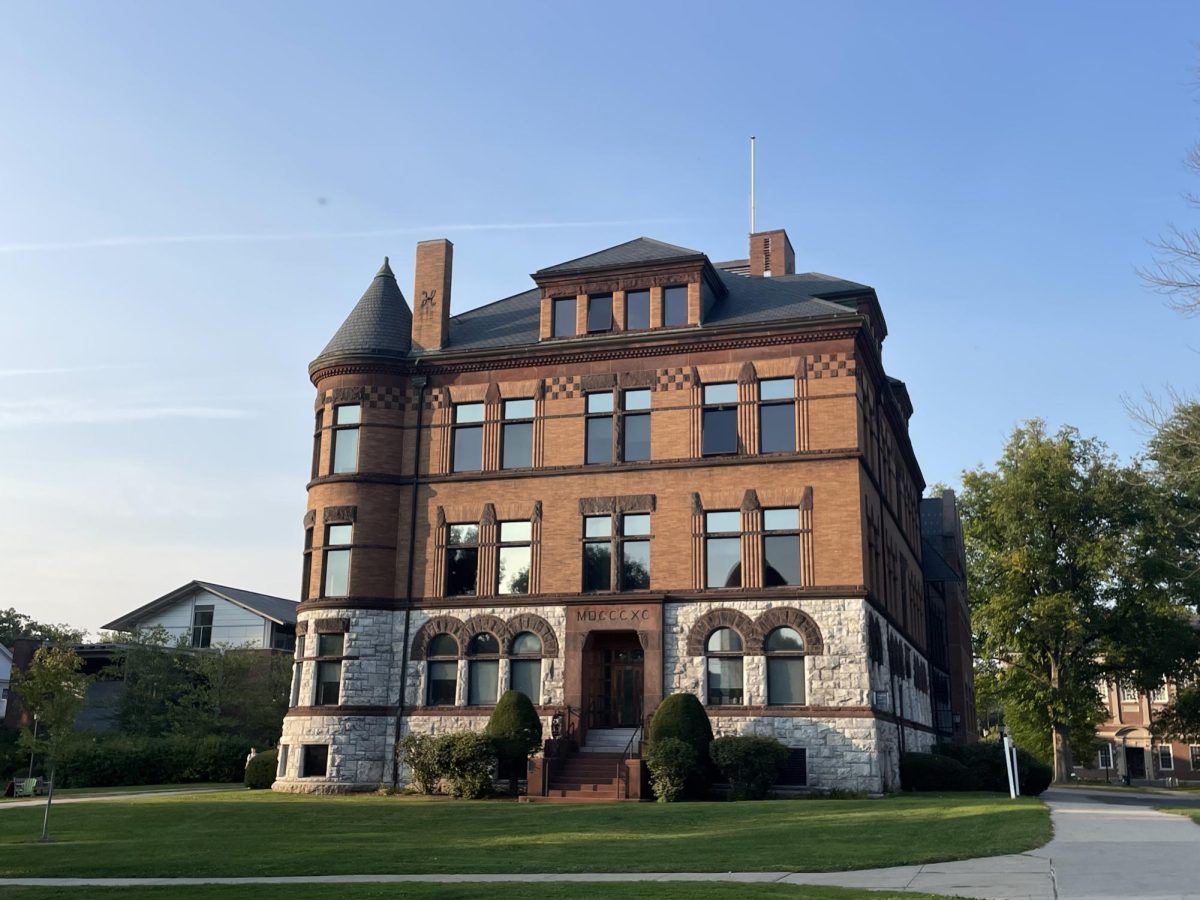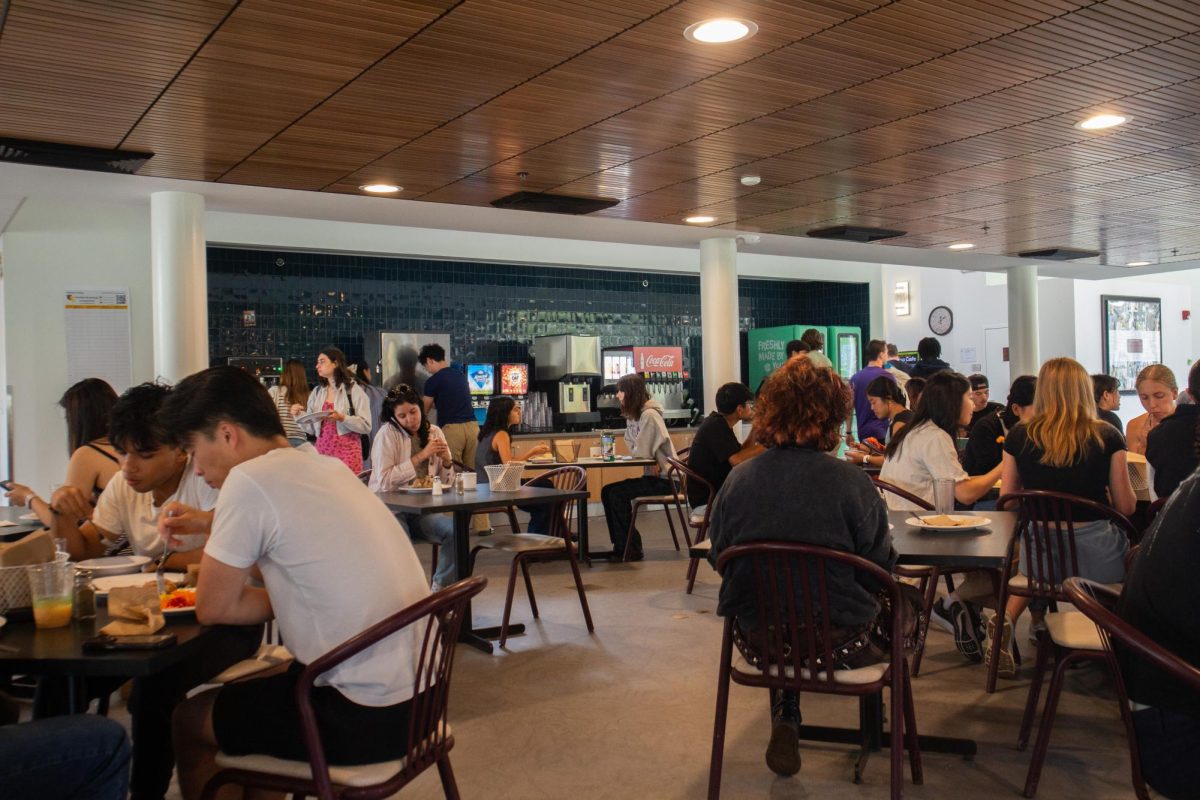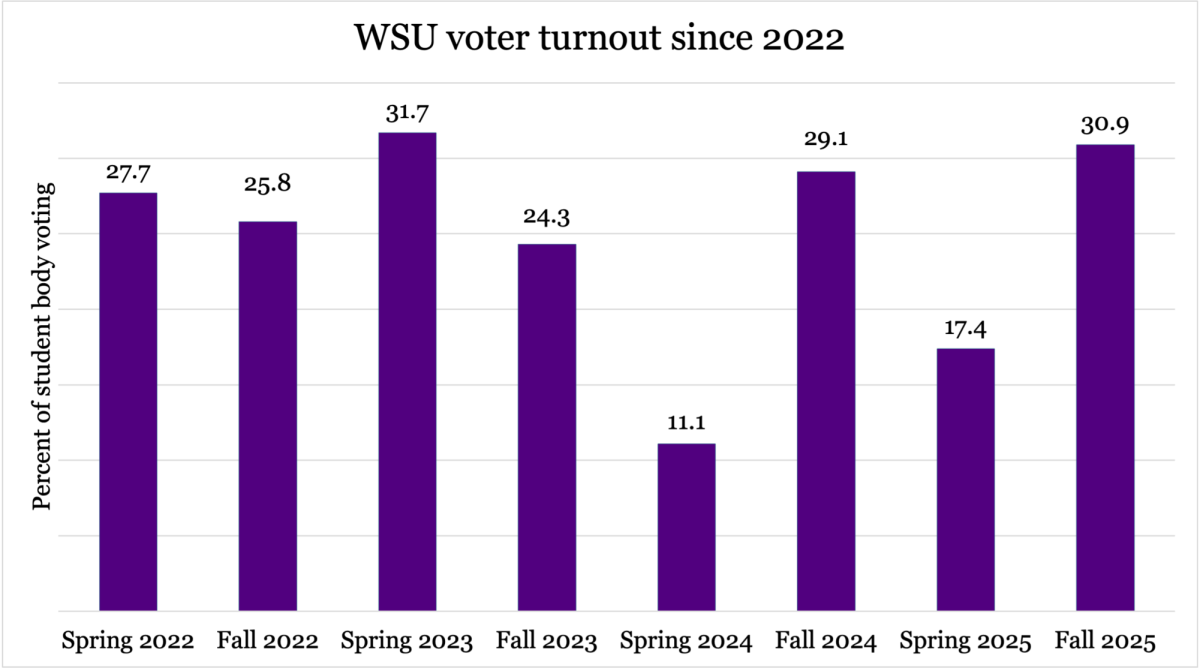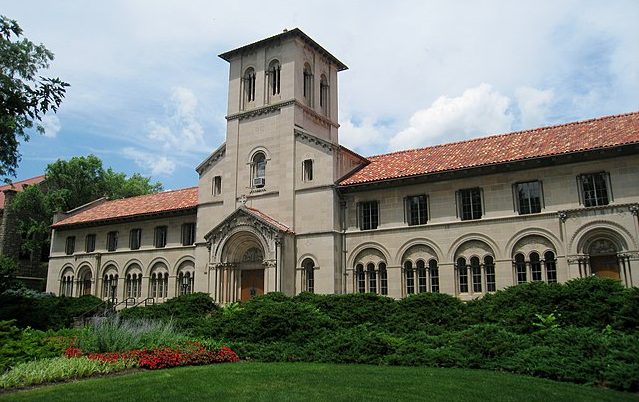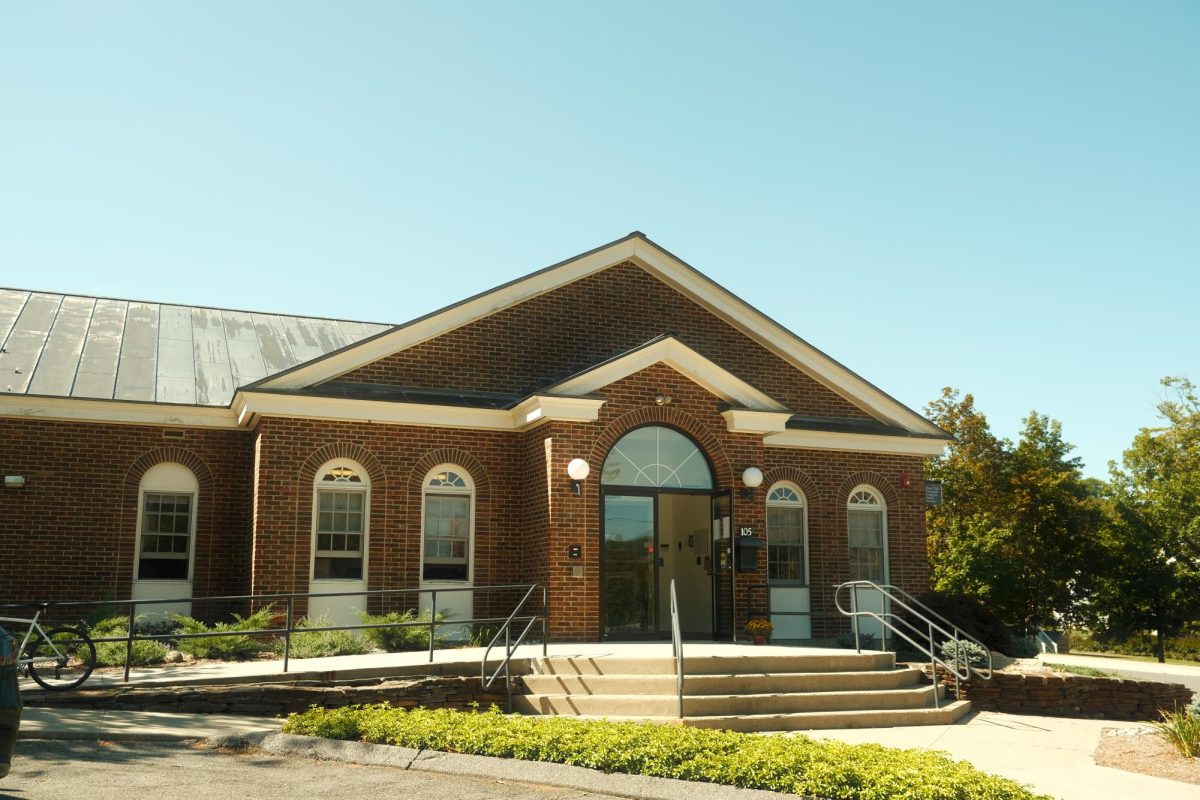The presidents of four institutions of higher education — Maud S. Mandel of Williams College, Wayne A. I. Frederick of Howard University, Ellen Kennedy of Berkshire Community College (BCC) and Jonathan Holloway of Rutgers University — discussed the significance of voting rights and the 2020 election for colleges and universities at a Zoom webinar on Tuesday night.
The panel, “Voting Rights, Election 2020, Colleges, Universities, and Us,” was hosted by the W. Ford Schumann ’50 Program in Democratic Studies at Williams in conjunction with the Eagleton Institute of Politics at Rutgers. Neil Roberts, chair of Africana studies and director of the Schumann Program, and John Farmer, director of the Eagleton Institute of Politics at Rutgers and former attorney general of New Jersey, moderated the panel. The presidents first discussed three questions asked by the moderators, followed by questions submitted by audience members.
On the subject of voting rights, the presidents first explored the historical implications of disenfranchisement and reflected on institutions’ responsibilities to encourage engaged citizenry.
Mandel remarked on the role of higher education institutions as promoters of democracy. “The core values of democracy are built into our institutions of higher learning, no matter what kind they are,” she said. “I did not think it was the job of higher education to fight for democracy itself, and yet this year I have come to think that that must be a core part of our mission that we must elevate.”
Considering institutions’ roles in developing American political culture, Holloway noted that Rutgers’ role as a land-grant institution puts Rutgers in service to the state of New Jersey, but he believes Rutgers is “in service to the state, the nation and the world.”
“Thinking of voting as a local phenomenon, with tremendous impacts beyond that of course… to me it is incumbent upon universities and university leadership to talk about the importance of exercising the franchise,” Holloway said.
The presidents also described the ways in which their respective institutions incorporate the implications of voting and the importance of enfranchisement into their community members’ daily lives. Kennedy discussed how BCC is integrating the theme of voting into the curriculum to amplify its significance. This year, Kennedy said, “Eight faculty incorporated these themes into several of their courses. We saw it as a high-impact practice and we saw it as a way of increasing student retention and student engagement.”
Frederick mentioned that Howard’s homecoming theme this year was advocacy, and important homecoming events included symposiums such as “From Protest to Policy: the Pursuit of Racial Justice.”
“Homecoming at Howard is an excellent reminder of our university’s purpose and the role we play in our community and the country,” Frederick said. “While we could not come home to this physical place, it was clear to me that we needed to come home to our souls, come home to our purpose.”
The panelists discussed how institutions will navigate the challenging dynamics of the November election, as many of their community members are college students who are first-time voters, as well as members of the first generation to grow up with social media and widespread internet access. The presidents agreed that students are generally well-informed and socially motivated, and that new ideas are constantly evolving on campuses; Frederick added that part of institutions’ commitment to students is to help develop their critical thinking as they form their own judgements based off of the information they possess. “We, as universities, have to help [students] understand how to synthesize, and not synthetize for them, but demonstrate to them that it takes time and patience to get there,” Frederick said.
Although they each represent institutions with distinctly different student bodies, all of the presidents stressed the importance of the civic responsibility of voting and underscored the crucial role voting plays in the ability of institutions to provide their students with well-rounded educations and enrich their surrounding communities.









